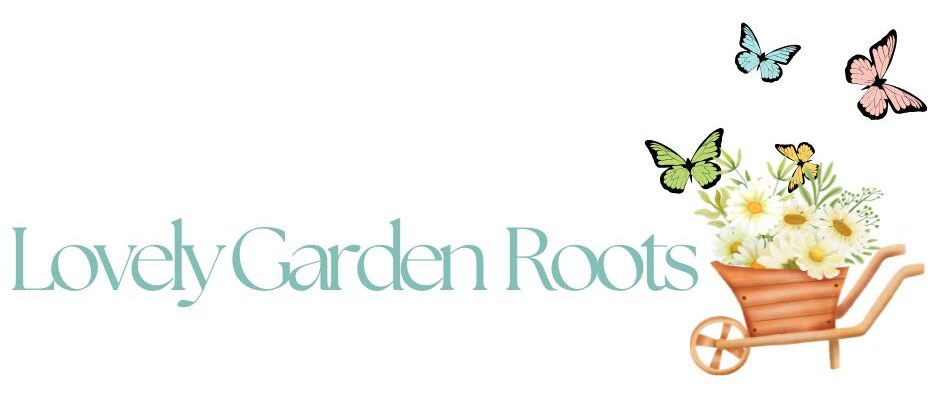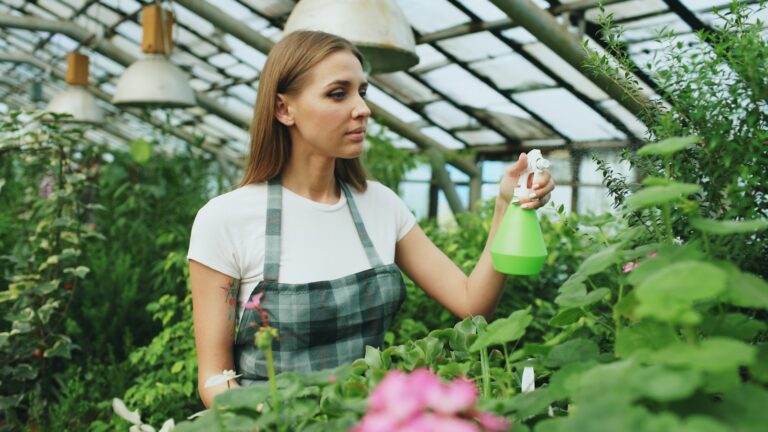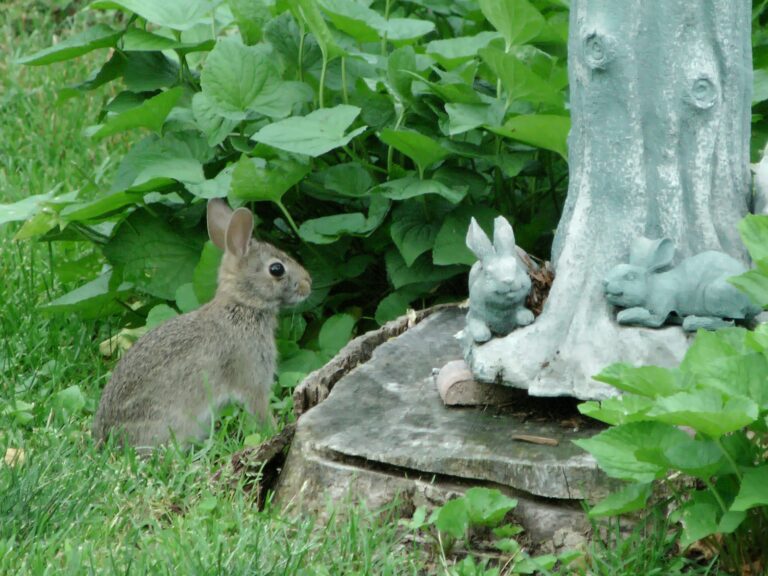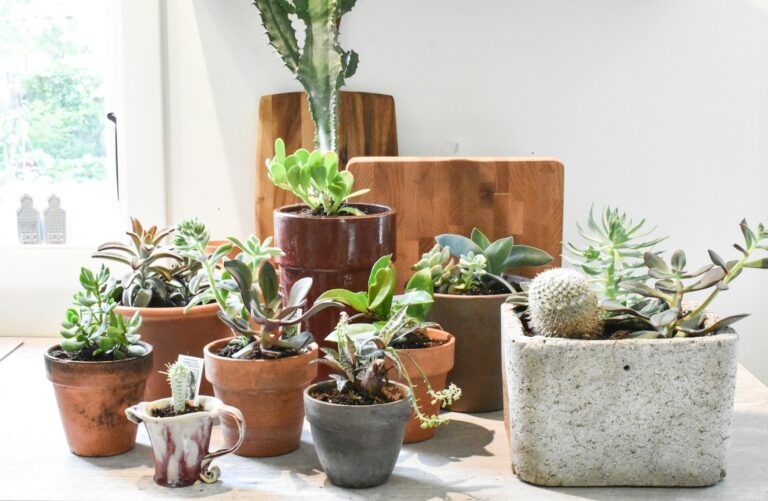Gardening as Self-Care: Making Time for You and Your Plants to Boost Your Wellbeing
Taking time to tend to a garden offers more than just fresh flowers or vegetables, it gives you a moment to pause, connect with nature, and recharge. Gardening as self-care helps reduce stress, improve your mood, and create a meaningful routine that nurtures both your plants and your well-being.
When you dedicate time to your garden, you’re also making time for yourself. The simple acts of planting, watering, and watching things grow can bring a sense of calm and accomplishment that’s hard to find in a busy life. Whether you have a small balcony or a backyard, you can create a personal space that supports your mental and emotional health.
Beyond the physical benefits, gardening can deepen your connection to the world around you and even foster a sense of community. Taking care of your plants is a gentle reminder that self-care doesn’t have to be complicated; sometimes, it’s just about getting your hands in the soil and slowing down. For more on this, check out how gardening serves as a powerful form of self-care.
Understanding Gardening as Self-Care
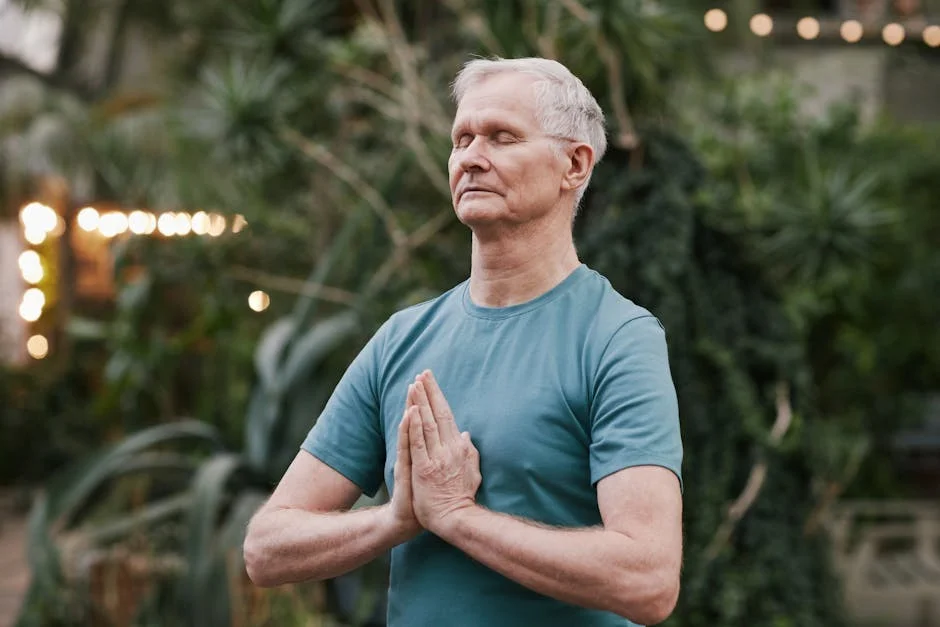
Gardening is more than a hobby, it’s a way to nurture both your body and mind. By engaging with plants, you can create a calming routine that supports your wellbeing, sharpens your focus, and boosts your mood.
The Connection Between Nature and Wellbeing

Spending time around plants helps you reconnect with the natural environment. This connection has been shown to reduce stress levels and improve your overall sense of calm.
When you care for plants, your brain releases chemicals that help relax you, reducing the impact of daily pressures. Even short periods of gardening, whether inside or outside, can lift your spirits and give your mind a refreshing break.
Creating a small green space can be particularly beneficial if you spend most of your day indoors. Studies show you can improve your focus and emotional balance by planting and tending to your own garden, making it a practical self-care tool.
How Gardening Supports Mental Health
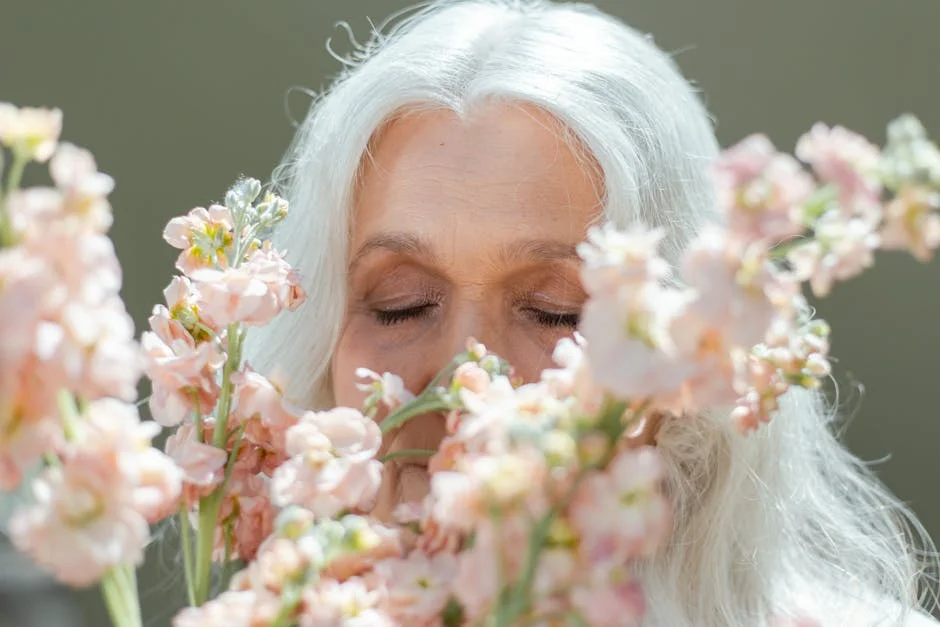
Gardening acts as a natural mood lifter. It encourages mindfulness, which helps you stay present and reduces anxiety.
When you garden regularly, you stimulate your senses with colors, scents, and textures, which can improve your overall mental clarity. The physical activity involved also releases endorphins, which improve feelings of happiness and satisfaction.
Research highlights that gardening can reduce symptoms of depression and anxiety. It’s not only about the act itself but the routine it builds, providing structure to your day and a positive focus outside worry or stress.
Emotional Benefits of Tending to Plants
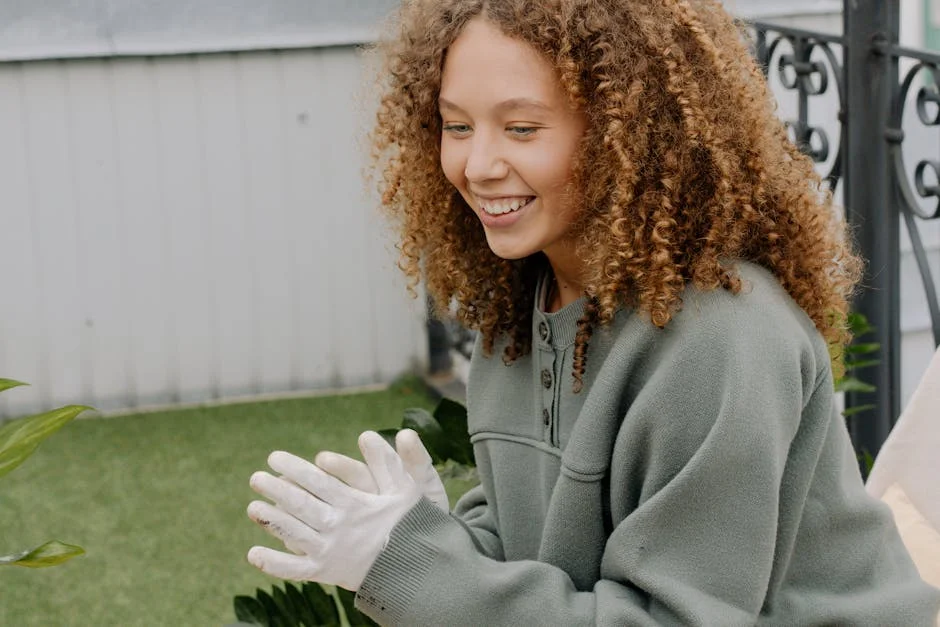
Taking care of plants fosters a sense of responsibility and achievement. Watching your plants grow and thrive because of your care can boost your confidence.
You can also find comfort in the quiet routine of gardening. It offers a peaceful time to reflect, helping you process emotions and reduce feelings of loneliness.
Gardening connects you to a larger community and history, as many people share this activity. This can deepen your sense of belonging. As Nkoula Badila describes, it’s a way to connect with yourself and others through the act of caring for living things.
Creating Your Personal Gardening Sanctuary

Your garden can become a haven that refreshes your mind and feeds your spirit. Thoughtful design, joyful plants, and mindful additions help turn your outdoor space into a place where you feel calm and connected.
Designing a Restorative Green Space
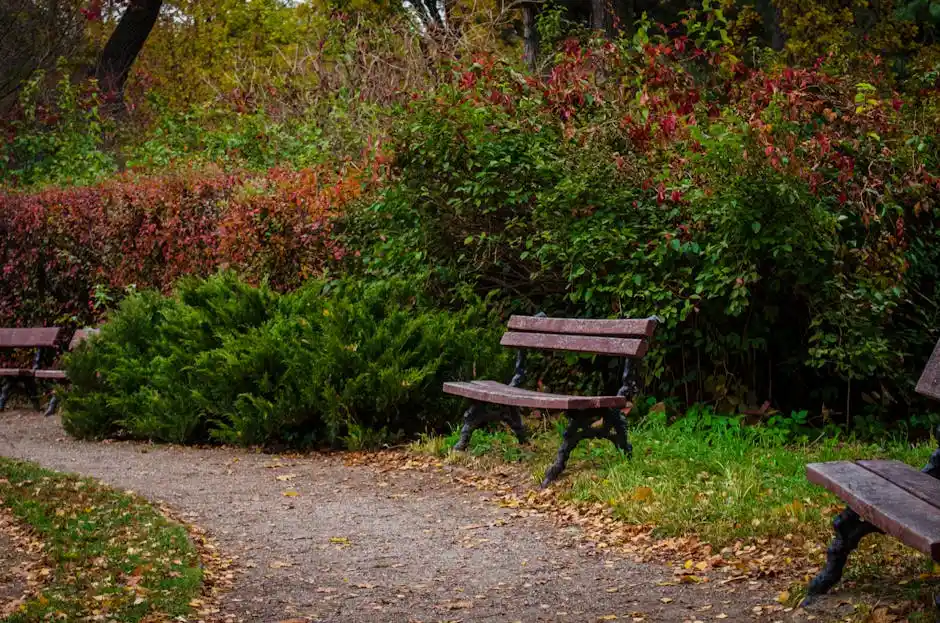
Start by choosing a quiet spot where you feel comfortable and undisturbed. Consider seating areas like a bench or hammock to invite you to pause and breathe. Arrange pathways to gently guide your steps through the garden, using materials like gravel or natural stone for texture.
Create zones for different activities, planting, relaxing, or meditating. Use layers of plants to form soft boundaries and shelter from wind or noise. Add features that appeal to your senses, such as colorful blooms, fragrant herbs, or the sound of a small water fountain. The goal is a space that invites you to slow down and reconnect with yourself.
Choosing Plants That Bring Joy

Select plants that make you smile and fit your lifestyle. Think about brightness, scent, and texture. For example, sunflowers and marigolds offer cheerful pops of color, while lavender and rosemary add soothing aromas. Consider herbs and vegetables if you enjoy cooking or want to see a tangible harvest.
Be realistic about maintenance needs, choose hardy plants if you want a low-effort garden or more delicate species if you enjoy regular care. Flowers with long blooming periods extend your enjoyment, while native plants often require less water and attention. A mix of tactile foliage like ferns or soft grasses can add comfort and interest.
Incorporating Mindful Elements in the Garden
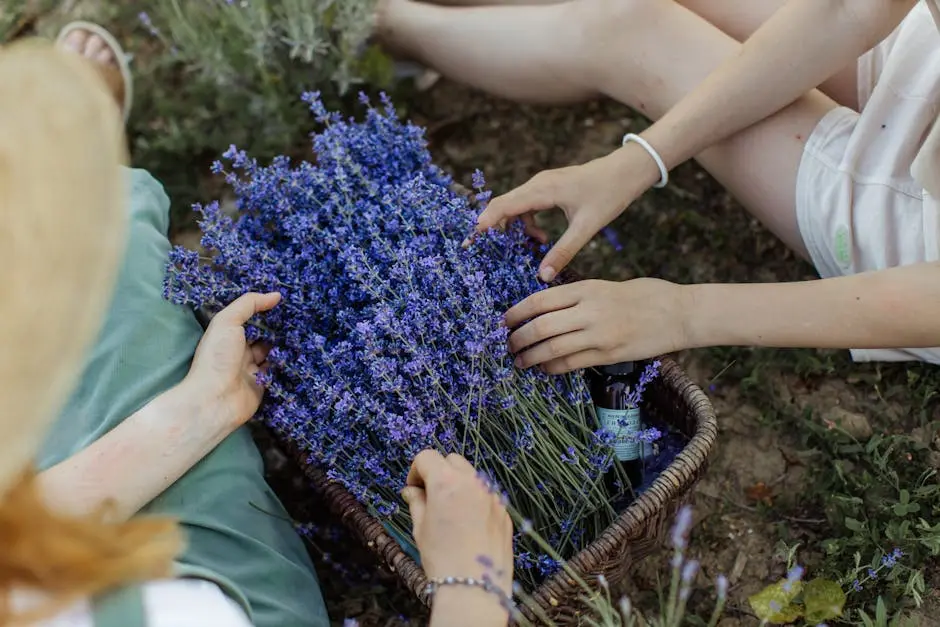
Add elements that encourage mindfulness and presence. A small stone altar, wind chimes, or a bird feeder can draw you into the moment. You might include stepping stones for slow, deliberate walking or a journal station where you jot down thoughts.
Use containers or raised beds if bending or kneeling is a physical challenge. Planting rituals like watering or pruning can become calming daily practices. Invite sensory experiences by touching leaves, smelling blossoms, or listening to garden sounds. These details help transform your garden into a sanctuary that nurtures both your plants and your well-being.
Making Time for Gardening Amid a Busy Life

Finding time for gardening doesn’t mean it has to take over your schedule. You can create manageable goals, build simple routines, and balance plant care with your own well-being effectively. Small, consistent steps help you enjoy gardening without added stress.
Setting Realistic Gardening Goals

Start by defining what you want from gardening. It could be growing a few herbs, nurturing a small flower bed, or just caring for indoor plants. Keep your goals clear and achievable to avoid feeling overwhelmed.
Limit your garden size or plant types to match the time you can realistically dedicate. For example, choose low-maintenance plants that don’t require daily attention. Setting goals like “watering plants three times a week” makes it easier to stay consistent.
Use a planner or phone reminders to track your progress. This structure helps you feel motivated and prevents gardening from feeling like another chore.
Building Gardening into Your Daily Routine

Incorporate gardening tasks into moments you already have. For instance, you can water plants during morning coffee or prune while listening to a podcast.
Break tasks into small chunks, like 10-15 minute sessions. This prevents burnout and lets you enjoy each step without rushing. Try to link gardening with enjoyable activities to make it feel rewarding.
Keep your tools and supplies accessible. Having everything ready helps you slip gardening into your day without extra preparation.
Balancing Plant Care and Self-Care
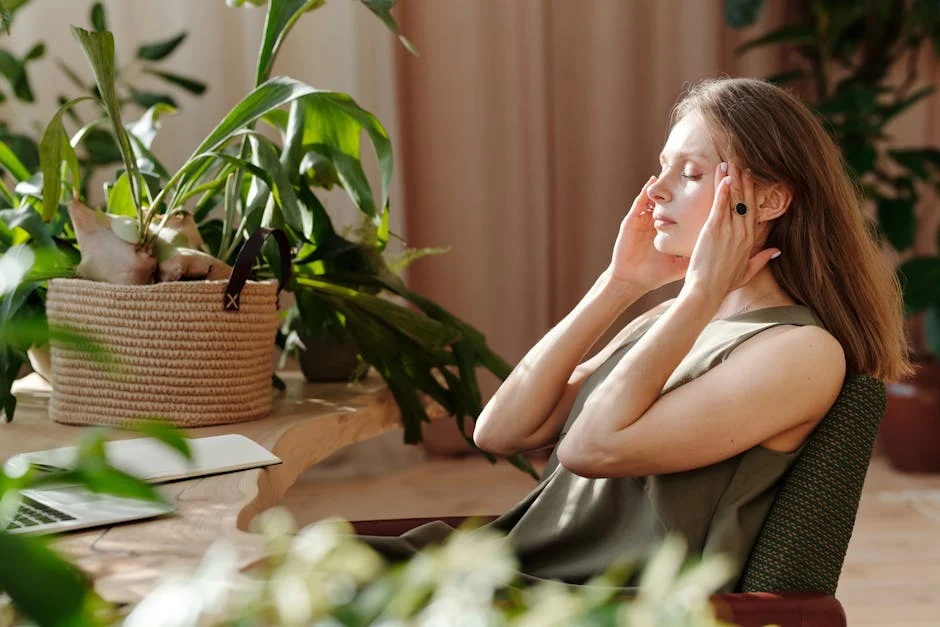
Gardening benefits your mental and physical health, but it’s important to balance care for your plants with care for yourself. Avoid turning gardening into an obligation.
Notice how your plants respond and adjust your care accordingly. If you feel stressed, scale back to simple tasks instead of pushing yourself to do it all.
Remember, *gardening time is also your time*. Use it to breathe deeply, relax your mind, and enjoy nature’s quiet moments. Making your garden a peaceful space is as important as keeping the plants healthy.
Nurturing Yourself While Nurturing Your Plants
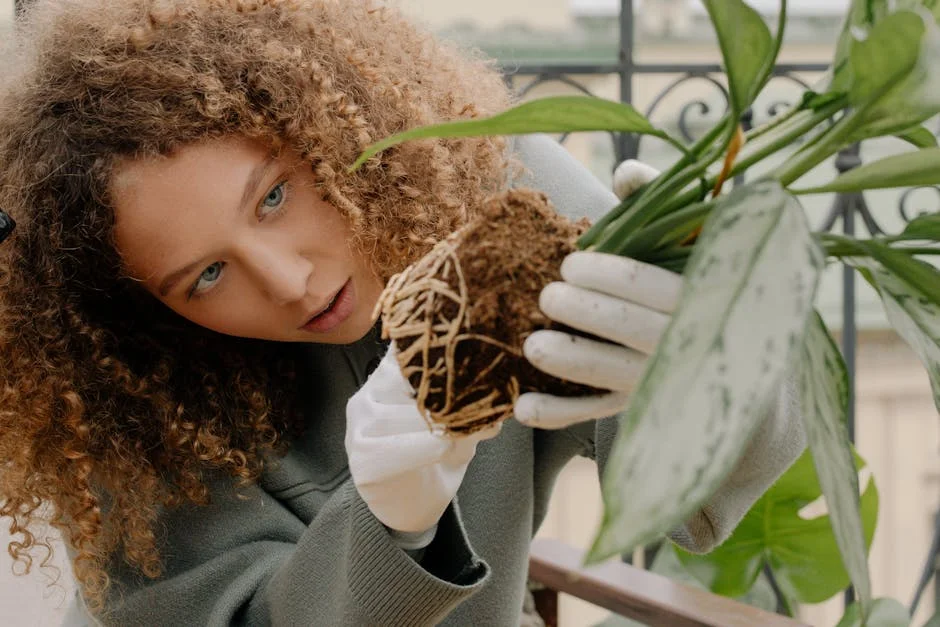
Taking time with your plants can also mean taking time for yourself. Gentle routines and focused attention during gardening create space to unwind and connect deeply with the moment. Your mind and body benefit just as much as the plants you care for.
Using Gardening for Stress Relief
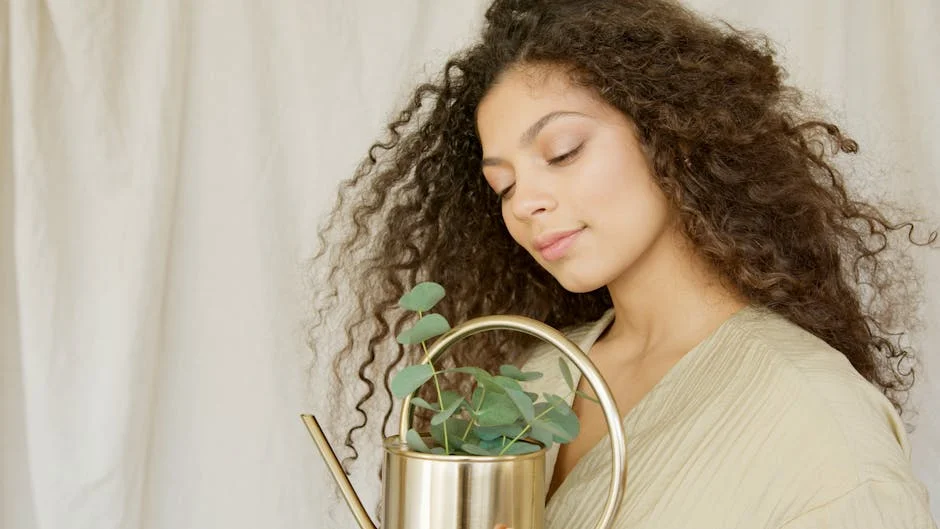
Gardening provides a hands-on way to reduce stress by engaging your body and calming your mind. As you water or prune, you focus on the task, which can divert your thoughts from worries and help lower cortisol levels. The repetitive motions and fresh air promote relaxation.
Try dedicating 15-30 minutes regularly to tasks like planting seeds or clearing leaves. This consistent commitment turns gardening into a peaceful ritual. Notice how the physical activity releases tension and the growing plants give you a sense of accomplishment.
Practicing Mindfulness with Every Task
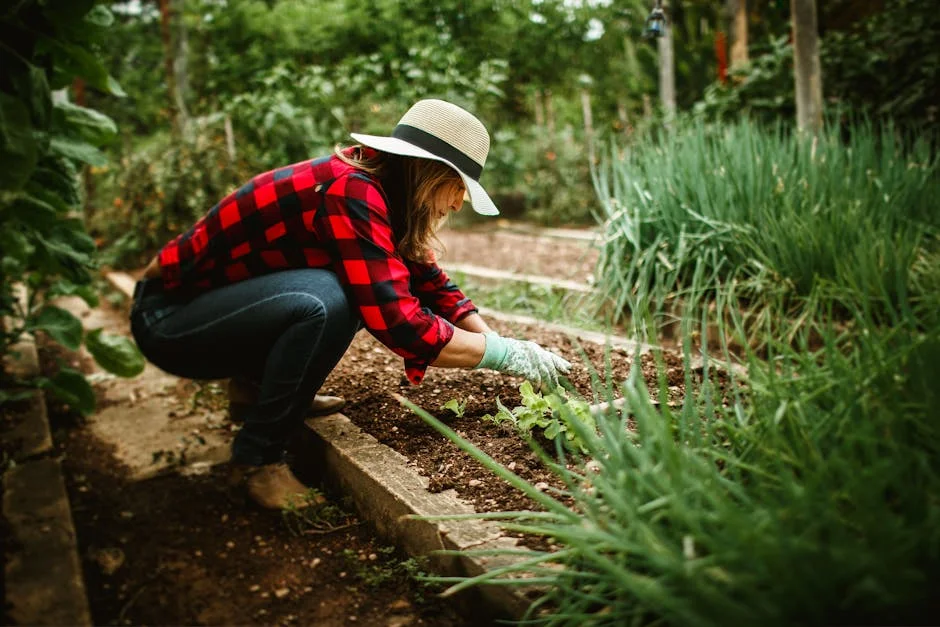
Mindfulness in gardening means paying close attention to what you’re doing—whether digging soil, touching leaves, or observing colors. Slowing down helps you fully experience the sensations and quiets mental distractions. You become more present and attuned to your own needs.
Focus on details like the texture of soil or the scent of flowers. You can even sync your breathing with your movements. This technique fosters patience and emotional balance while deepening your appreciation for nature’s cycles. Practicing this regularly turns gardening into a form of meditation..
Tracking Growth: Reflecting on Progress and Joy
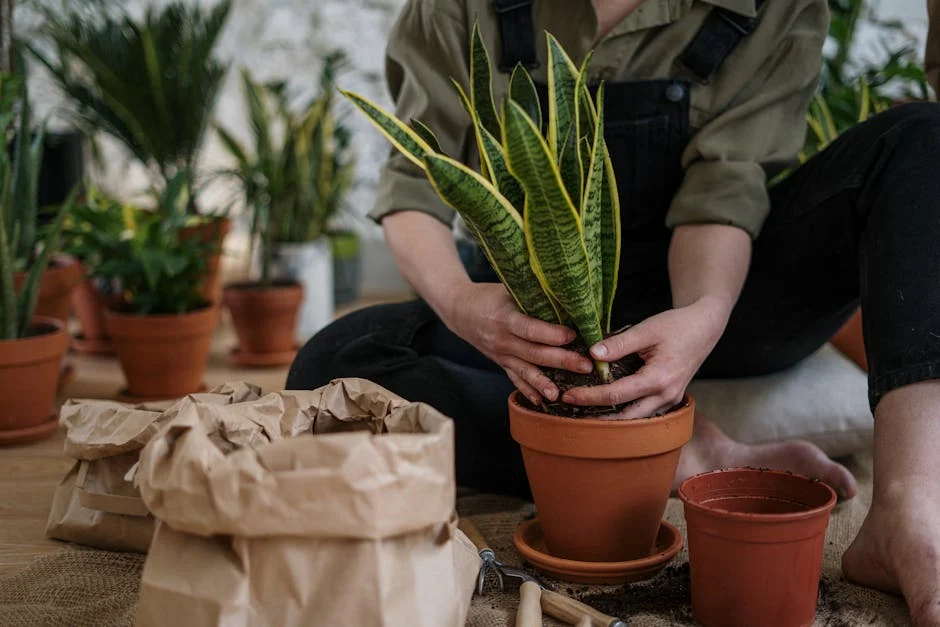
Noticing how your plants change over time connects you more deeply to your gardening efforts. Taking time to document details and recognize milestones helps turn gardening into a meaningful routine full of small wins.
Journaling Your Gardening Experiences

Keeping a garden journal lets you capture important details like planting dates, weather conditions, and growth stages. You can write down when seeds sprout, how soil feels, or when pests show up. These notes help you learn what works best in your garden.
Try including photos or sketches alongside your entries. This visual record makes it easier to spot patterns and changes. Over time, your journal becomes a personal guide for improving your garden year after year. You’ll enjoy seeing your progress clearly and understand your plants’ needs better.
Celebrating Small Successes

Recognizing every little achievement keeps your motivation high. Whether a seed just broke through soil or a plant bloomed its first flower, these moments mark progress you made.
You might create a checklist or calendar highlighting these steps to celebrate regularly. Sharing your wins with friends or garden groups can also boost your enthusiasm. Small celebrations make gardening feel rewarding and remind you why you chose this as your self-care practice.
